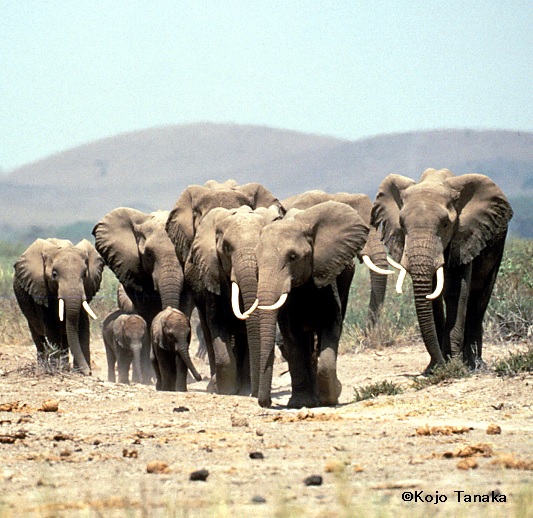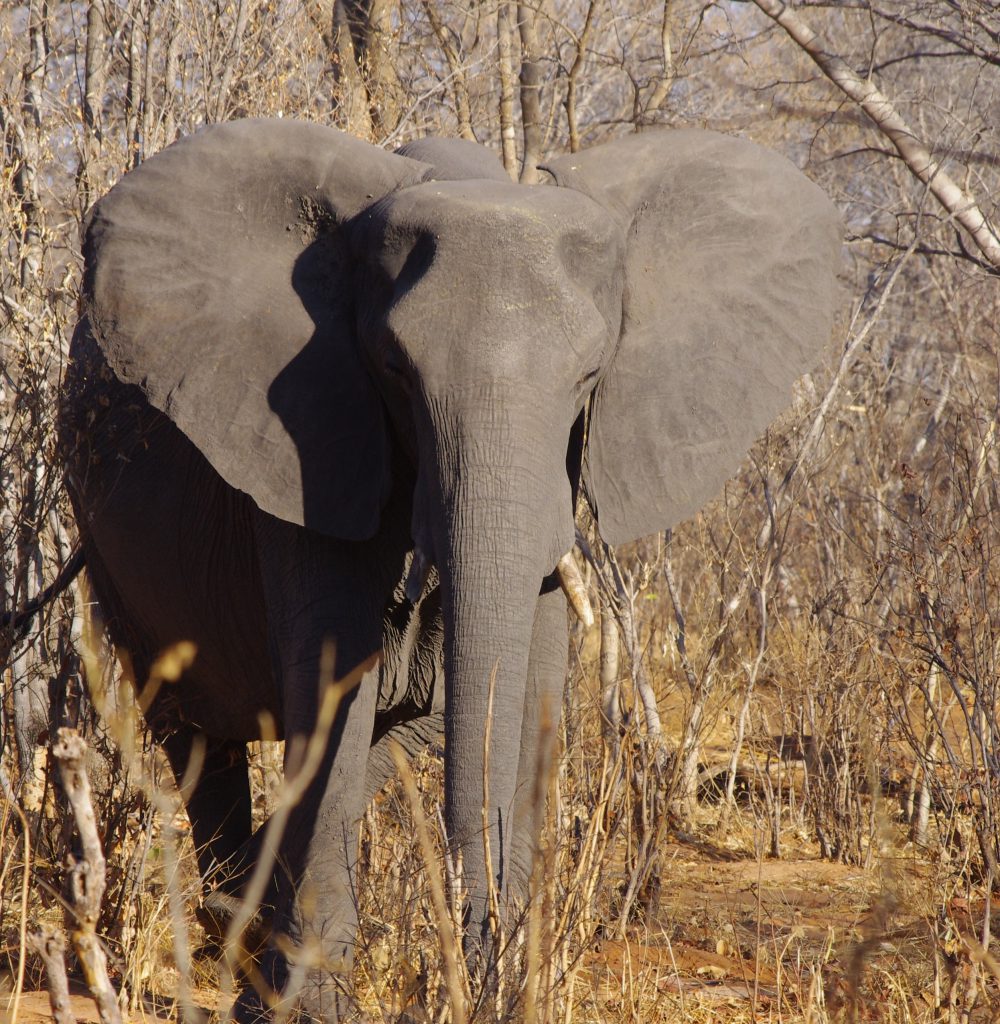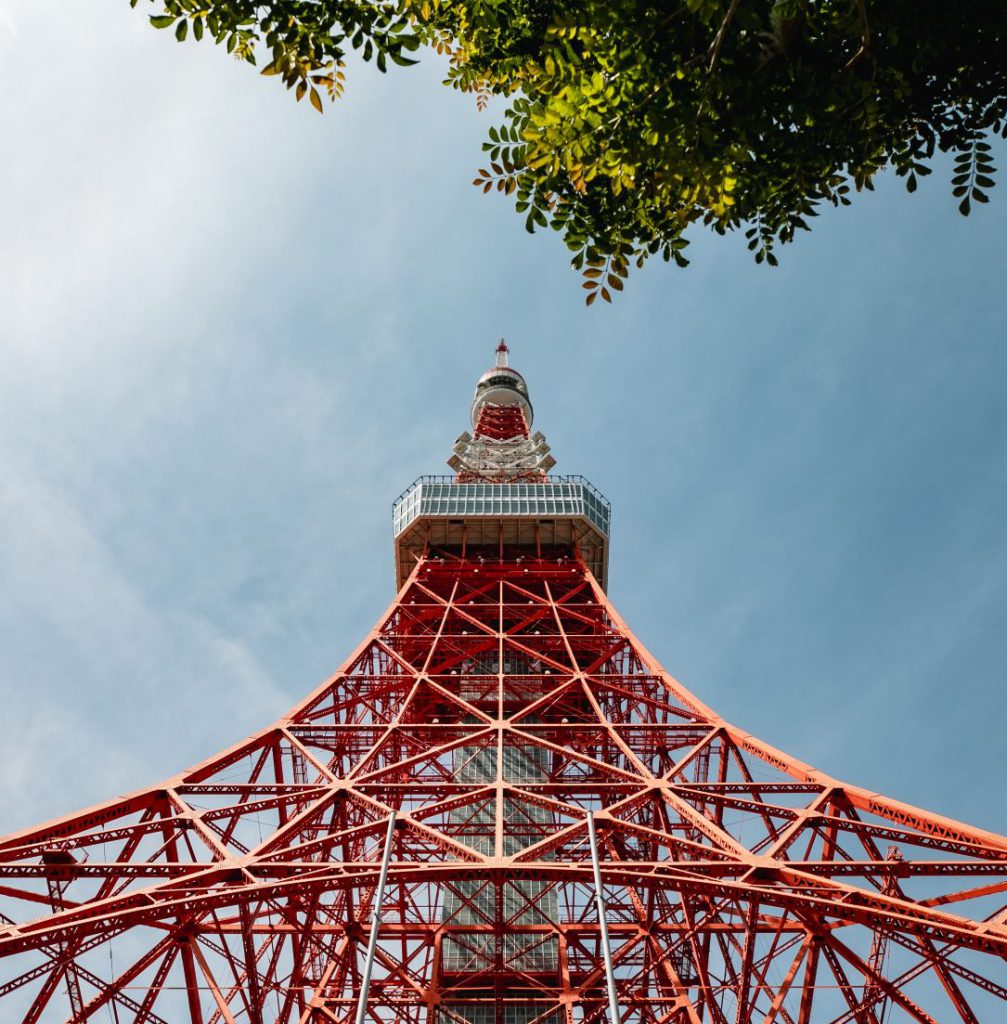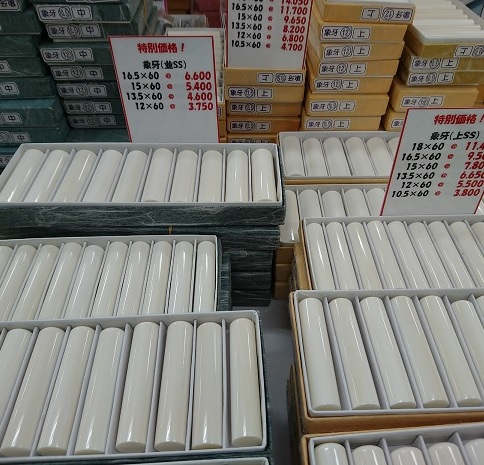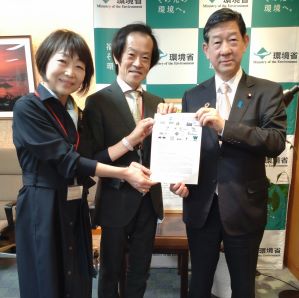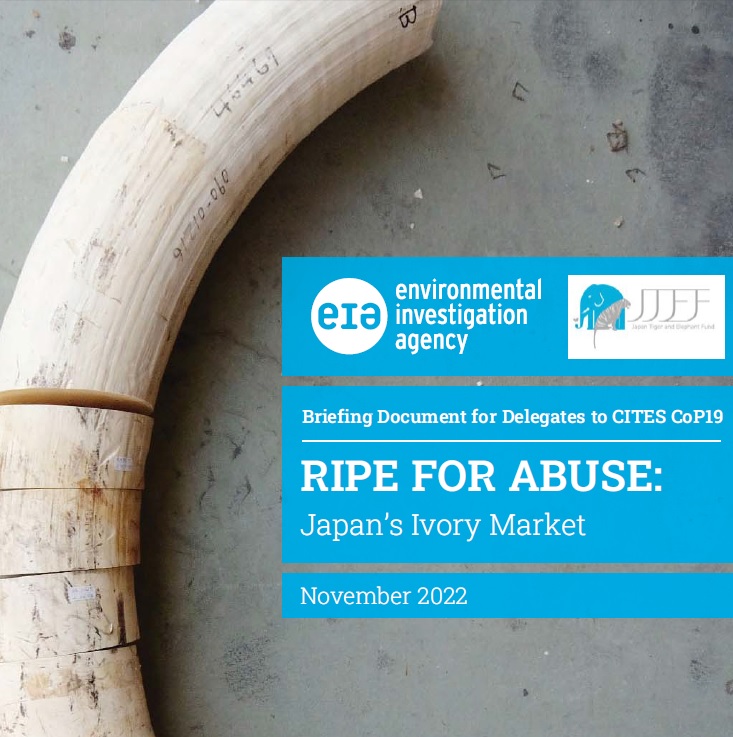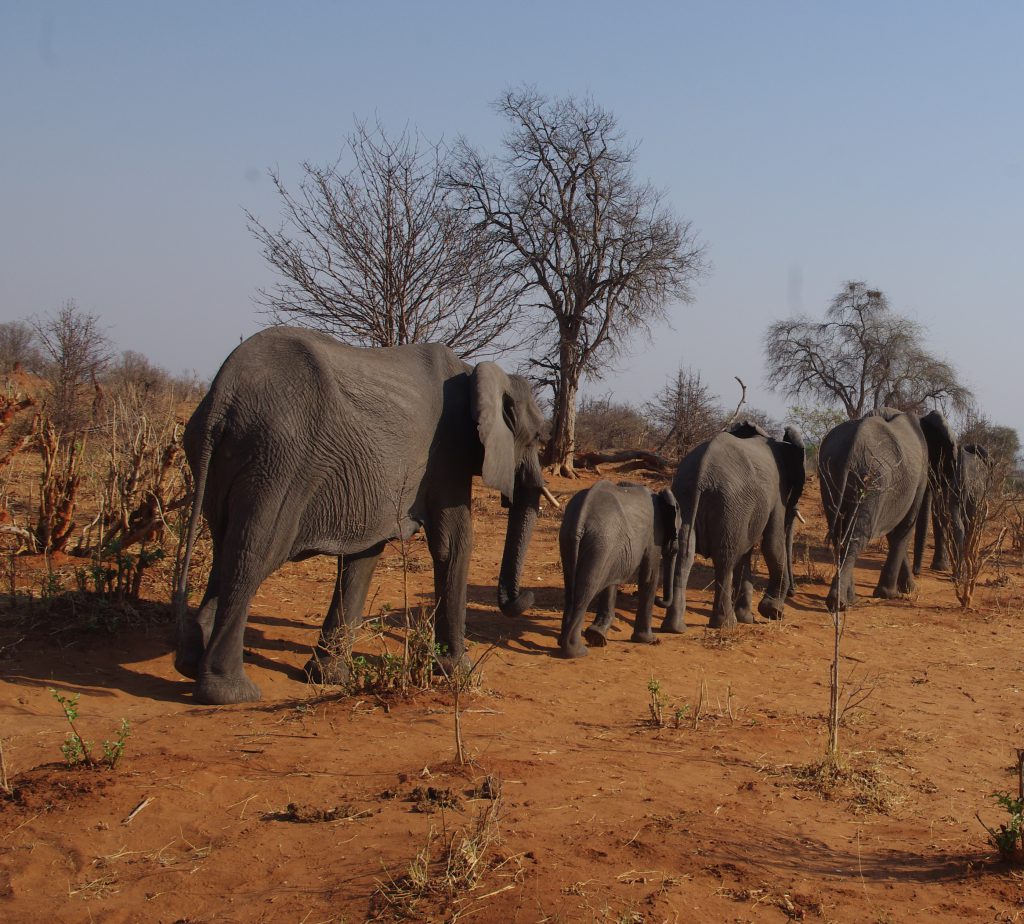BLOG: Japan, Ivory, & CITES SC78
https://www.jtef.jp/en/wp-content/uploads/2019/06/Kojo-ele-190612.jpg 533 518 Japan Tiger Elephant Organization Japan Tiger Elephant Organization https://www.jtef.jp/en/wp-content/uploads/2019/06/Kojo-ele-190612.jpgBy Amy Zets Croke (EIA Senior Manager, Wildlife Campaigns) and Masayuki Sakamoto (JTEF Executive Director) Among many other important issues relevant to keeping elephants safe from international commercial trade, domestic ivory markets were on the agenda at the 78th meeting of the CITES Standing Committee (SC78). To protect elephants, countries endorsed and encouraged the closure of domestic ivory markets to support the international ban on commercial ivory trade in 2016 at the 17th meeting of the Conference of the Parties (CoP17) to CITES. Specifically, Parties agreed by consensus to language in Resolution Conf. 10.10 (Rev. CoP19) paragraph 5 that “urges those Parties in whose jurisdiction there is a legal domestic market for ivory that is contributing to poaching or illegal…
read more



